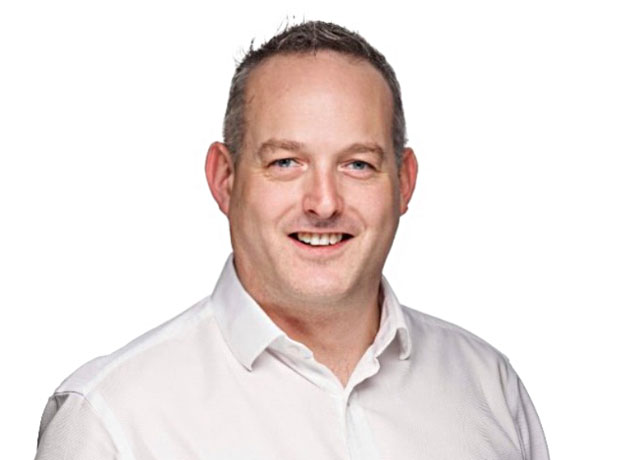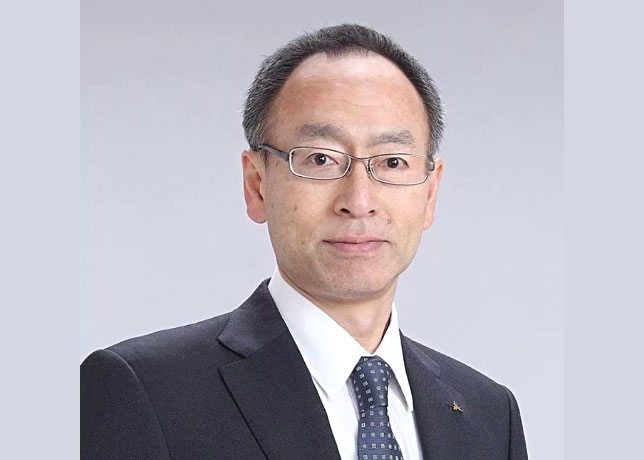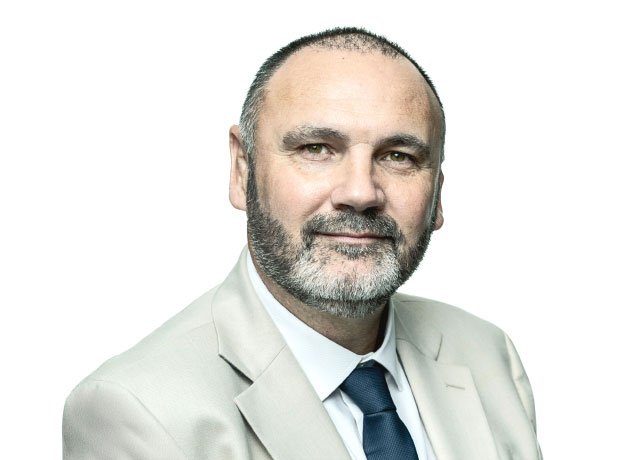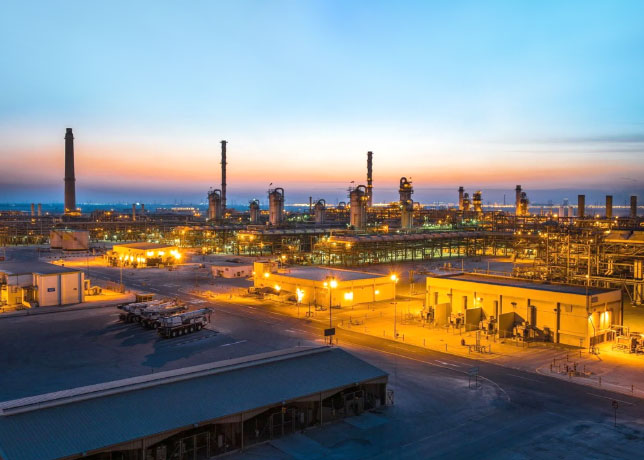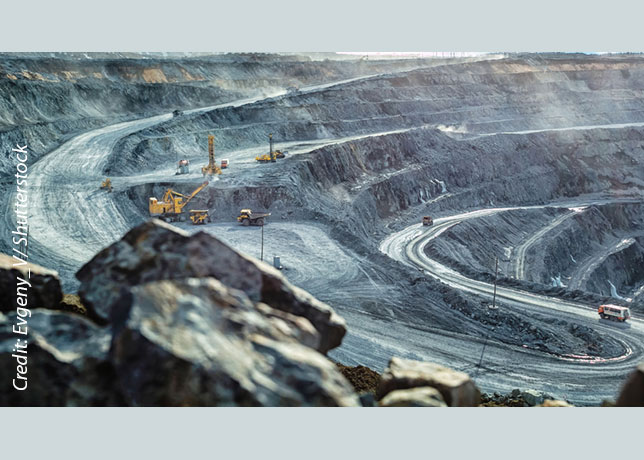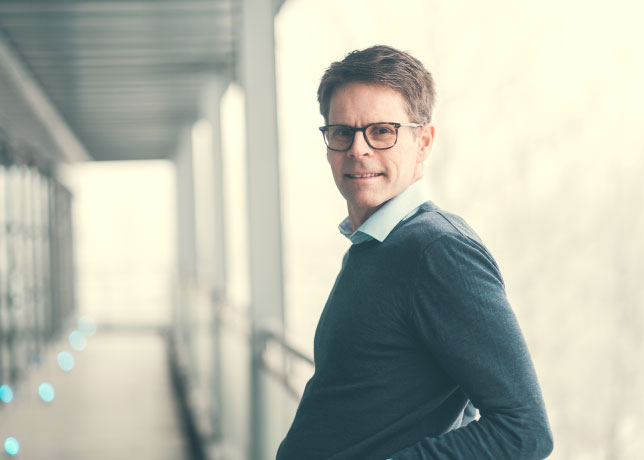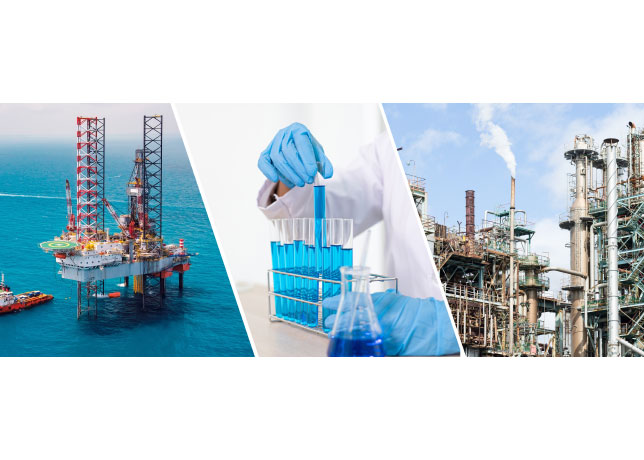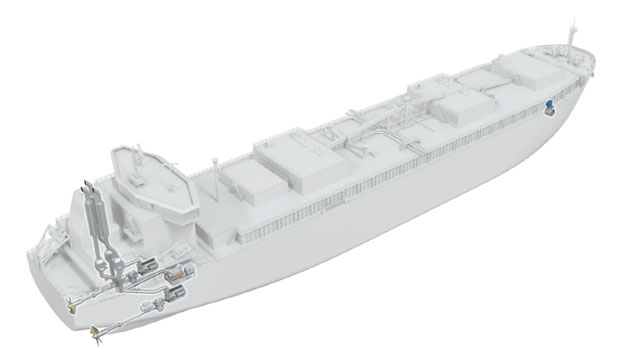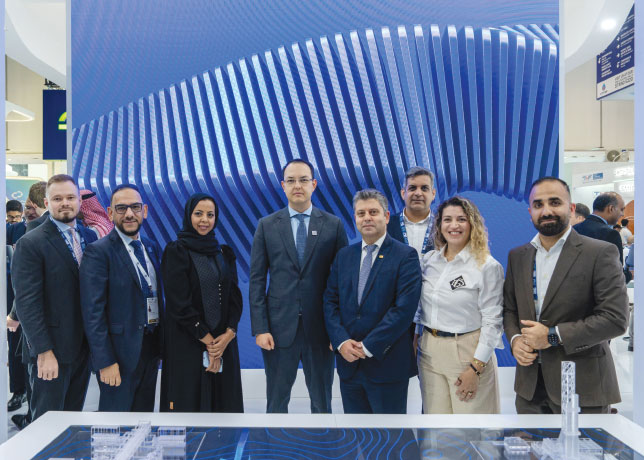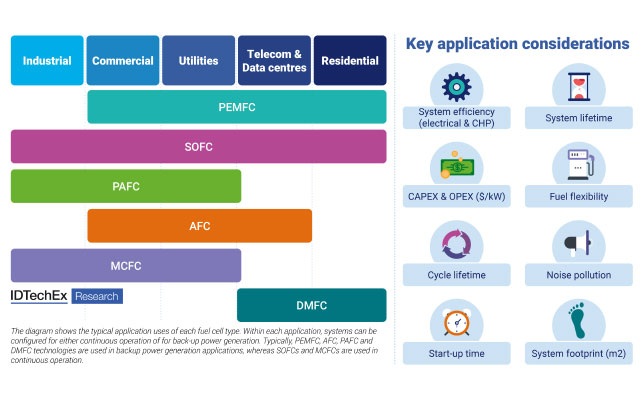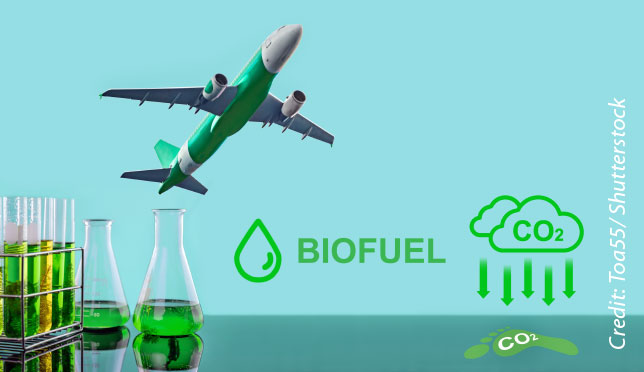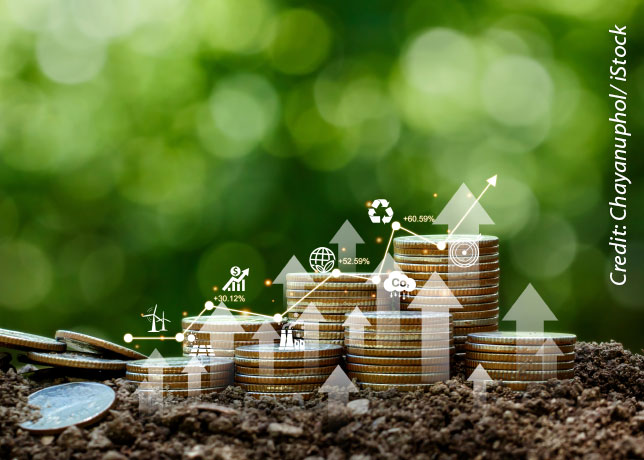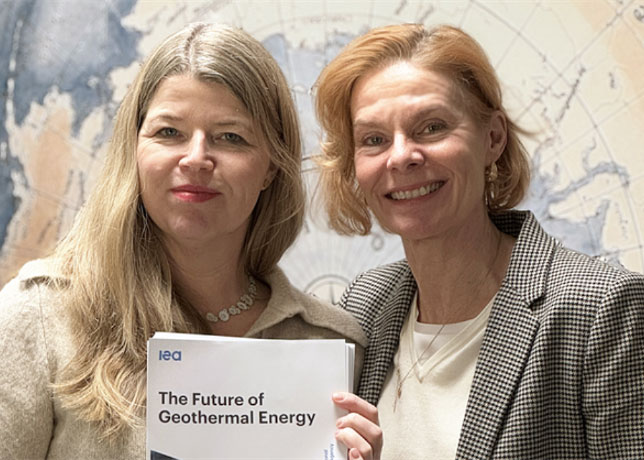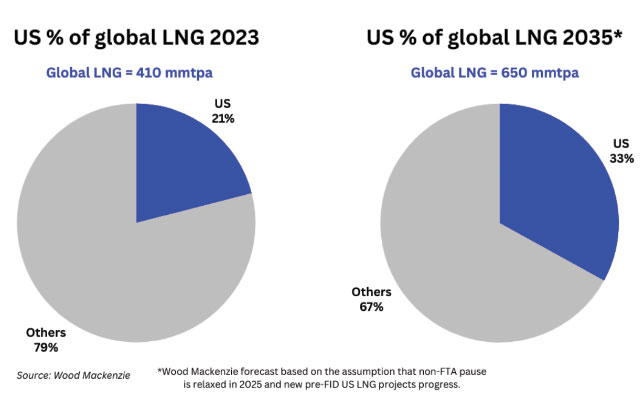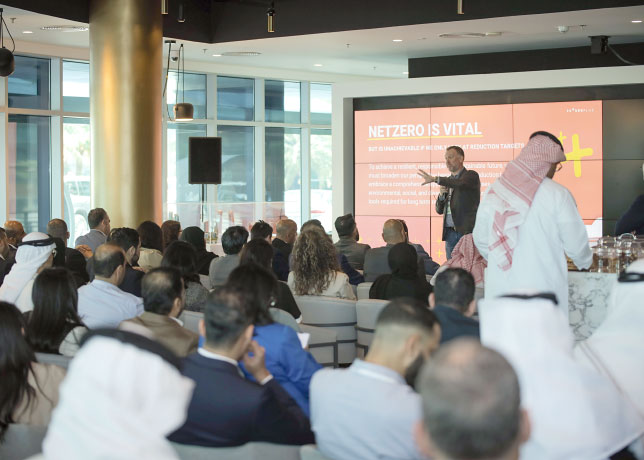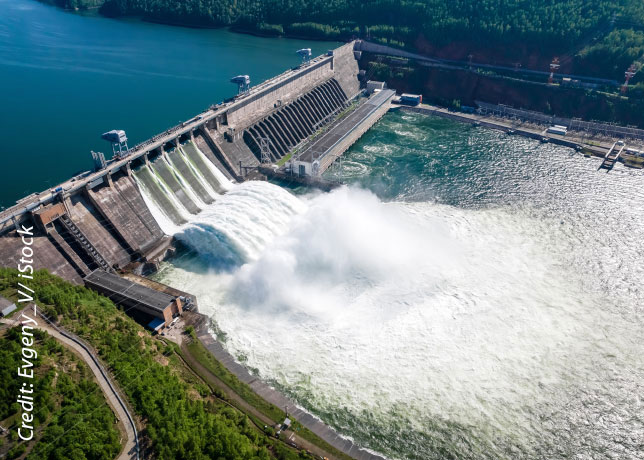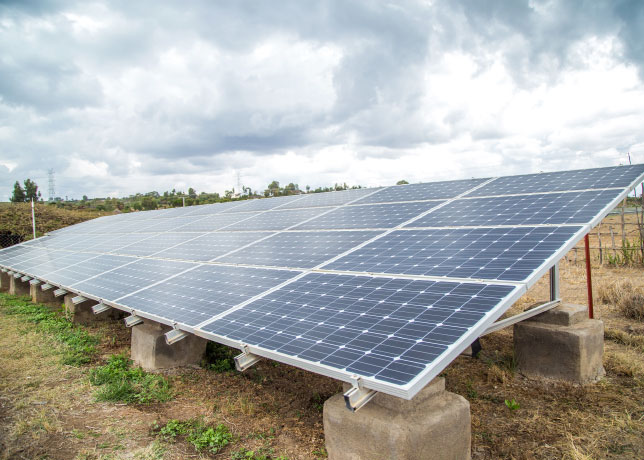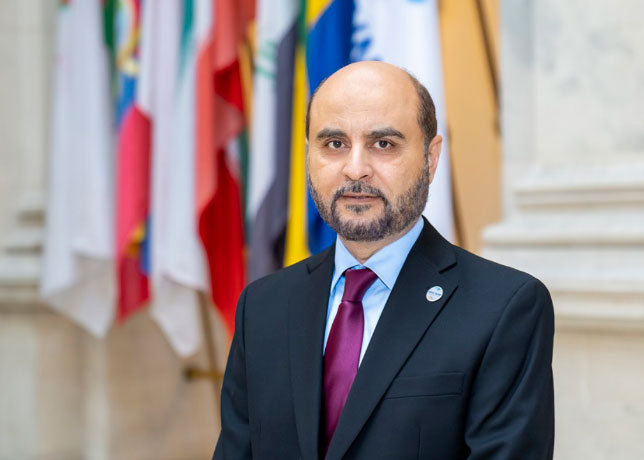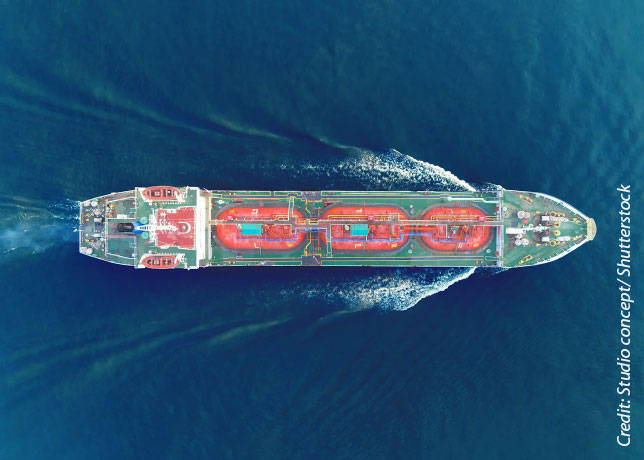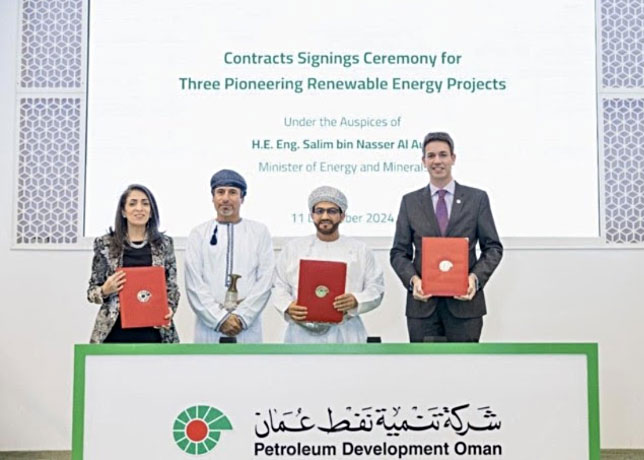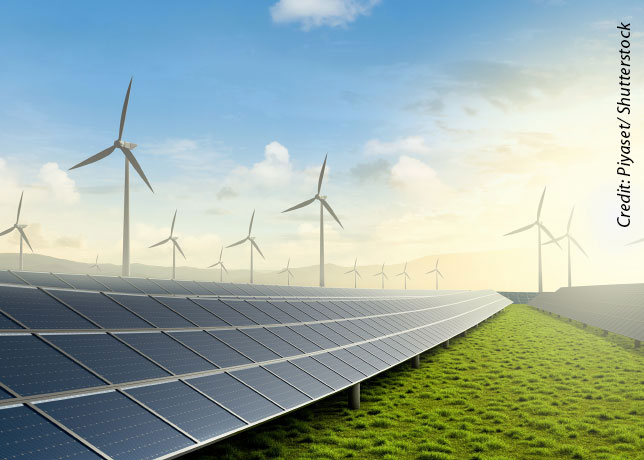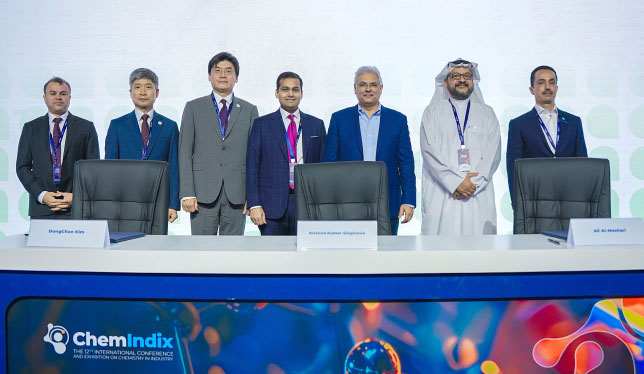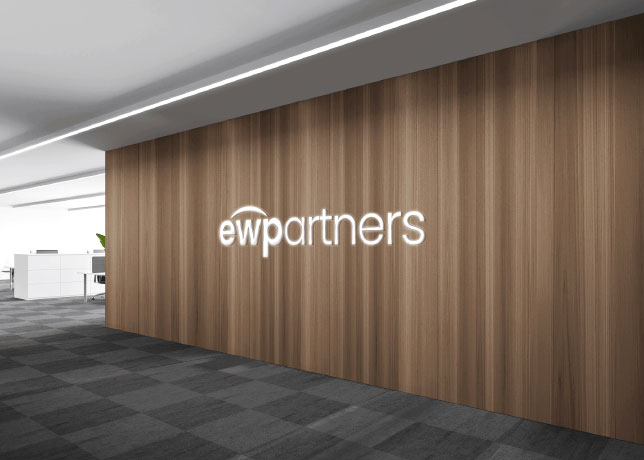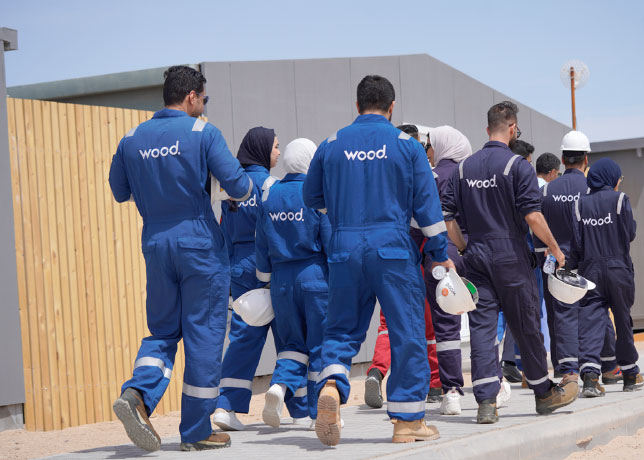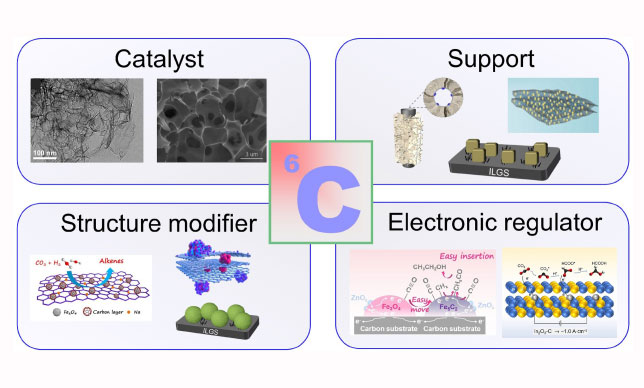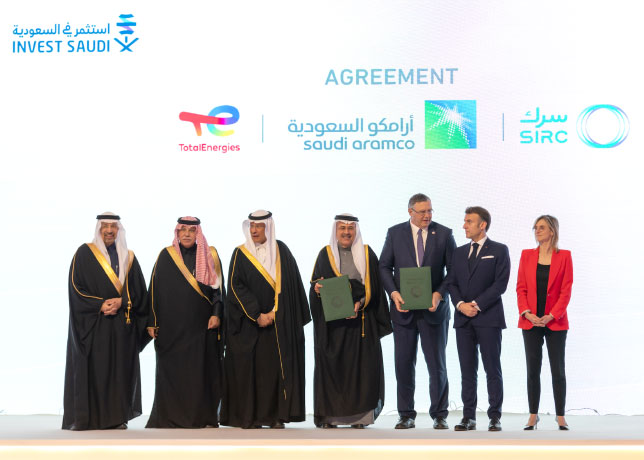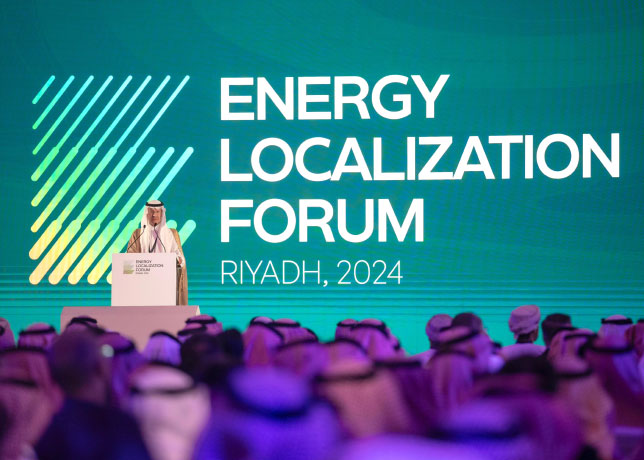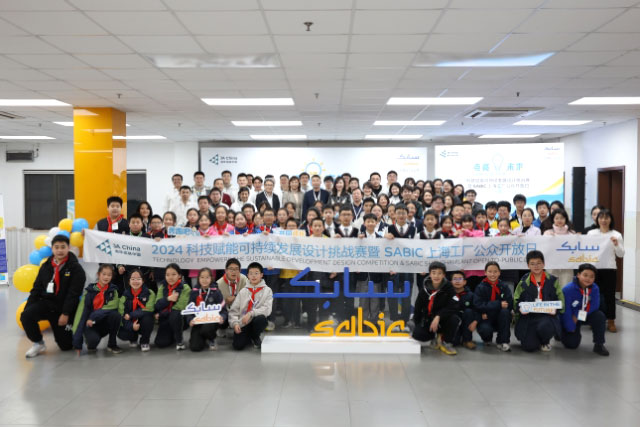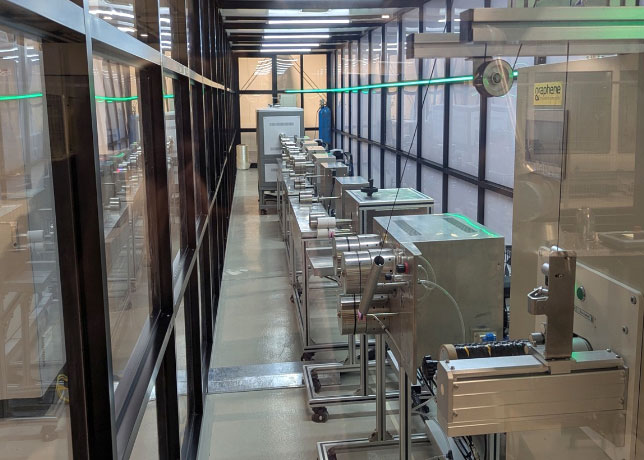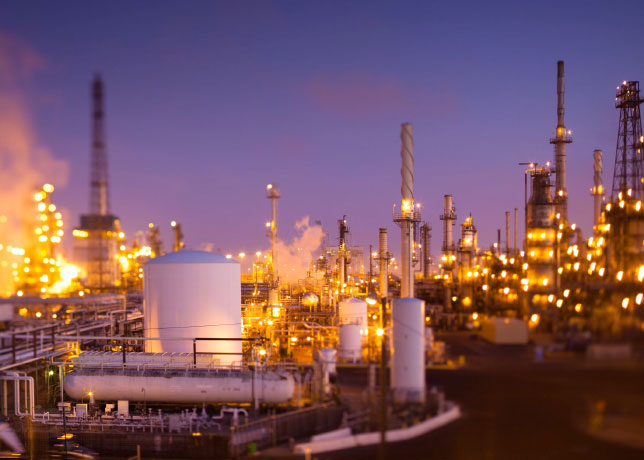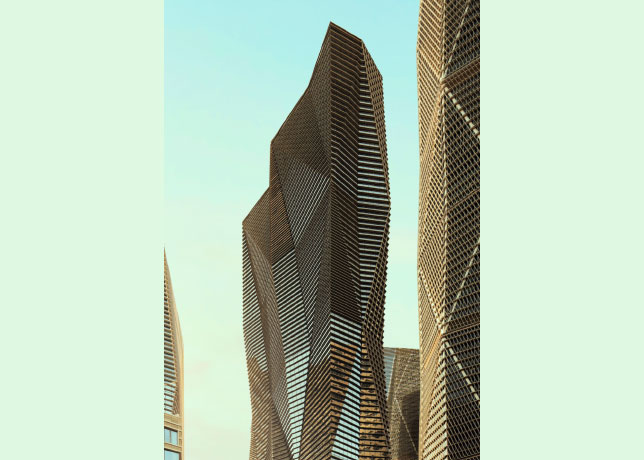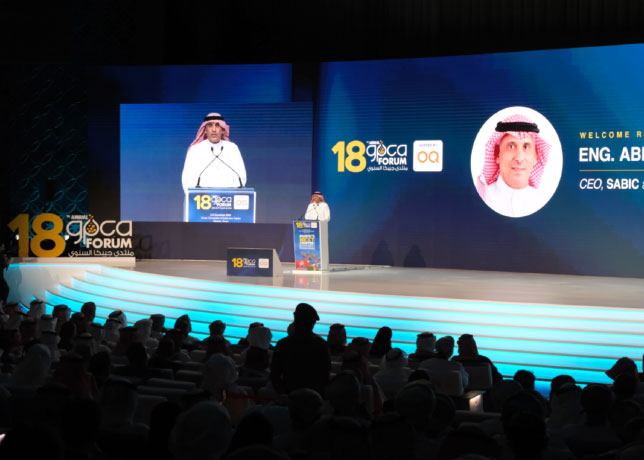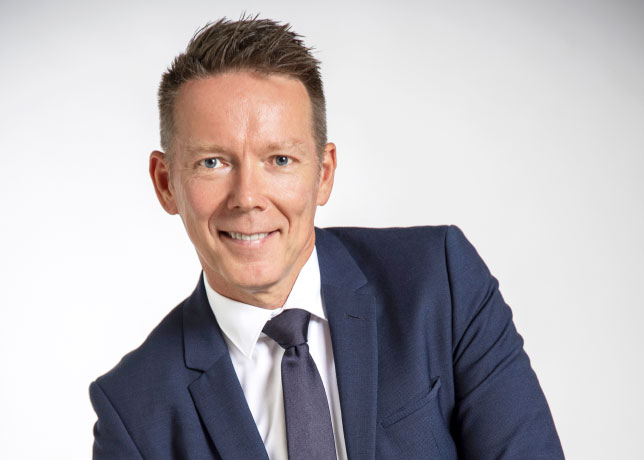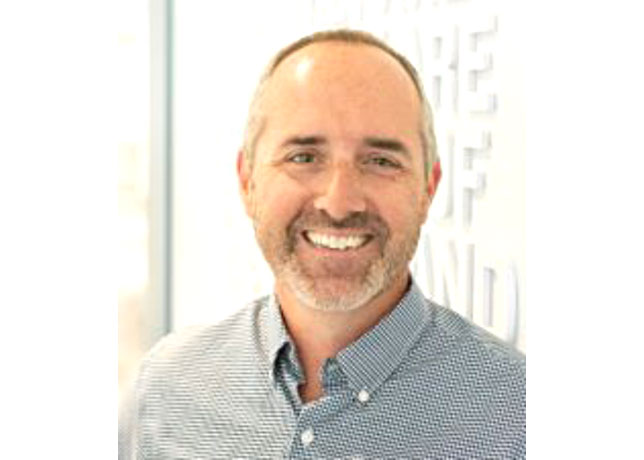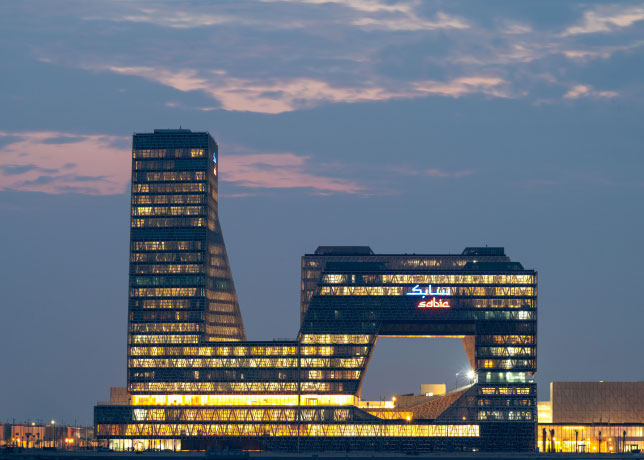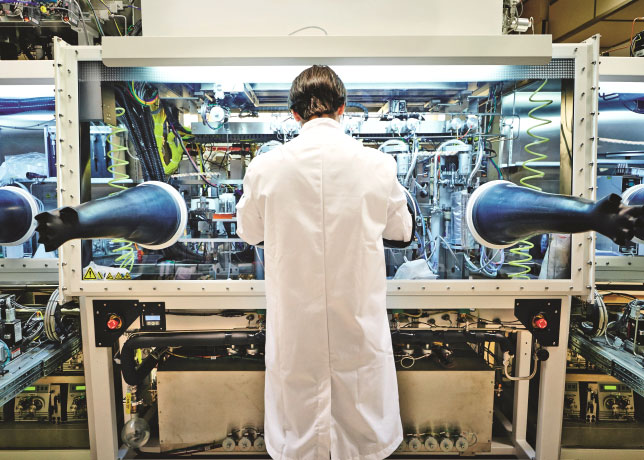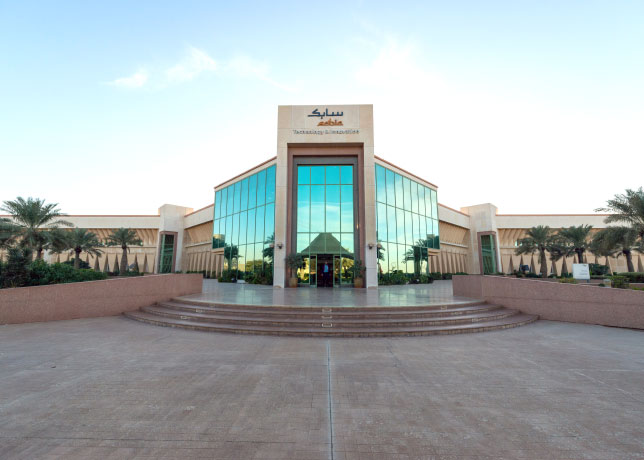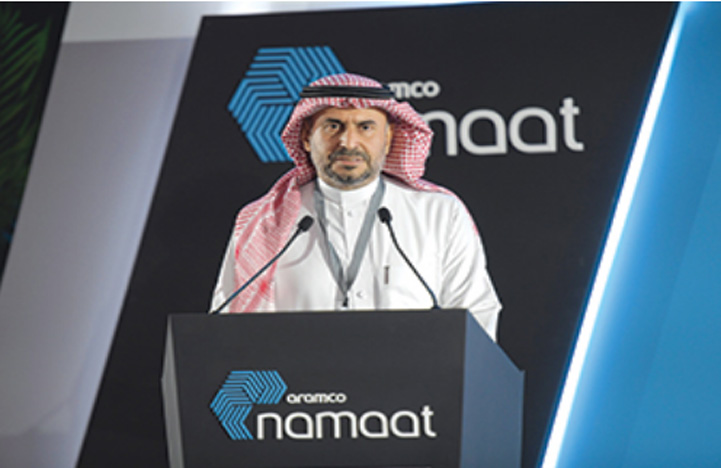
Aramco is a pillar of the Saudi economy; its commitment to be a partner in the Kingdom’s economic growth and diversification is not limited directly to production and sale of hydro carbon fuels. Aramco leads the way in the Kingdom with its industrial investment programme Aramco Namaat.
Namaat means (collective) growth in Arabic and the programme aims to tap into the vast opportunities available in Saudi Arabia to create new value, and drive economic expansion and diversification.
"Aramco continues to be at the forefront of enabling and enhancing the Kingdom’s industrial, technology and sustainability infrastructure through large-scale investments and key partnerships, such as IKTVA and, by extension, Namaat," declared Aramco Chairman, Yasir Al Rumayyan, adding: "Such initiatives help further drive economic growth and diversification, ensure greater reliability of energy supply, effectively localise the industrial supply chain, and create better jobs and skillsets."
The expansion of Aramco Namaat focuses on capacity building in four key areas that align closely with Aramco’s objectives: sustainability, technology, industrial and energy services, and advanced materials.
"Namaat offers our partners significant opportunities to participate in Aramco’s long-term growth strategy and play a vital role in the Kingdom’s expanding energy and chemicals supply chain. The benefits for everyone involved are multiple as well as mutual and I am proud that Aramco continues to be a catalyst at the heart of the Kingdom’s transformation, harnessing its expertise and resources to champion new markets and growth sectors," says Amin Nasser, Aramco President and CEO.
The programme complements Aramco’s flagship In-Kingdom Total Value Add (IKTVA) programme, which was launched in 2015 to enhance supply chain efficiency through localisation, skills development, knowledge transfer and job creation.
This latest phase of expansion for Namaat reflects even greater integration with other venture lifecycle programmes that aim to add value and support sustainable growth. It also represents significant progress for the programme, with 19 of the 22 MoUs signed last year already reaching fruition, with a total investment of $3.5 billion.
These MOU’s under Namaat that support industrial investment partnerships, helping to create jobs for Saudis, and contributing to national growth and capacity building, include:
• SOLVAY: The development of advanced non-metallic materials and localisation of a composite value chain.
• DHL Supply Chain: An arrangement to evaluate the feasibility of establishing a local industrial logistics and procurement hub serving Saudi Arabia and the Mena region.
• VEOLIA: An exclusive MOU to confirm the commercial feasibility of establishing a world-class integrated waste management company.
• Air Liquide, Haliburton and PIF; Baker Hughes and PIF; and Linde, Schlumberger and PIF: To evaluate carbon capture and sequestration (CCS) opportunities and potential partnerships.
• AIC Steel, GSW, McDermott, Seyang and Sendan, and NARMEL: Five separate MoUs on modular construction.
• Samsung Engineering, Hyundai and Saipem: Three separate MoUs on engineering, procurement and construction.
• Elion and Green Groves: Two separate MoUs to evaluate the feasibility of localising nature-based solutions.
• Honeywell: The goal to establish a JV that will develop and implement next-generation digital solutions that will improve efficiency, sustainability and enable operational excellence of industrial facilities.
• Gulf Modular Industry (GMI): The feasibility of developing and using non-metallic applications in the modular building manufacturing process in the building and construction sector.
• Shell AMG Recycling and United Company for Industry: A trilateral MoU enabling the construction of an in-Kingdom metal reclamation and catalyst manufacturing facility.
• AVEVA: An MoU with the goal to establish a strategic alliance to localise development and deployment of various digital technologies including artificial intelligence (AI), machine learning (ML), and digital twins.
• Baosteel: An engineering study and develop plans needed to build, own and operate an integrated steel plate manufacturing facility in Saudi Arabia.
• SeAH and Dussur: To localise stainless steel seamless tube and pipe manufacturing has materialised.
• Armorock and AlKifah Precast: A joint venture to localise the use of polymers in concrete production.
• Accenture, Al Gihaz Holding and Impulse Partners: A consortium for establishing and operating the Spark Digital Centre.
Ahmed Al-Sa’adi, Aramco Senior Vice-President of Technical Services, says: "Through Namaat, we are attracting world-class partners who share our goal of continuous industrial development. These partnerships illustrate Saudi Arabia’s significant appeal to international companies and pave the way for new innovations in materials, processes and solutions."
Namaat shows a strategic understanding of Vision 2030 as it aligns with other major initiatives intended to drive a world-class energy and industrial ecosystem in Saudi Arabia.
The King Salman International Complex for Maritime Industries and Services, King Salman Energy Park (Spark), and the forthcoming LAB7 innovation hub are all part of Aramco’s holistic 360 view of growth for the economy by including some of Saudi’s leading companies and projects.
"Namaat enables Aramco to be a catalyst for change across the Kingdom’s economy, while maintaining our reliability as a global energy supplier at a time of market uncertainty. Our collaboration with industry leaders in areas of strategic importance for the Kingdom, demonstrates how Aramco is creating national champions that will bring long-term benefits to our value chain, our economy and our people," says Al-Sa’adi. -OGN


